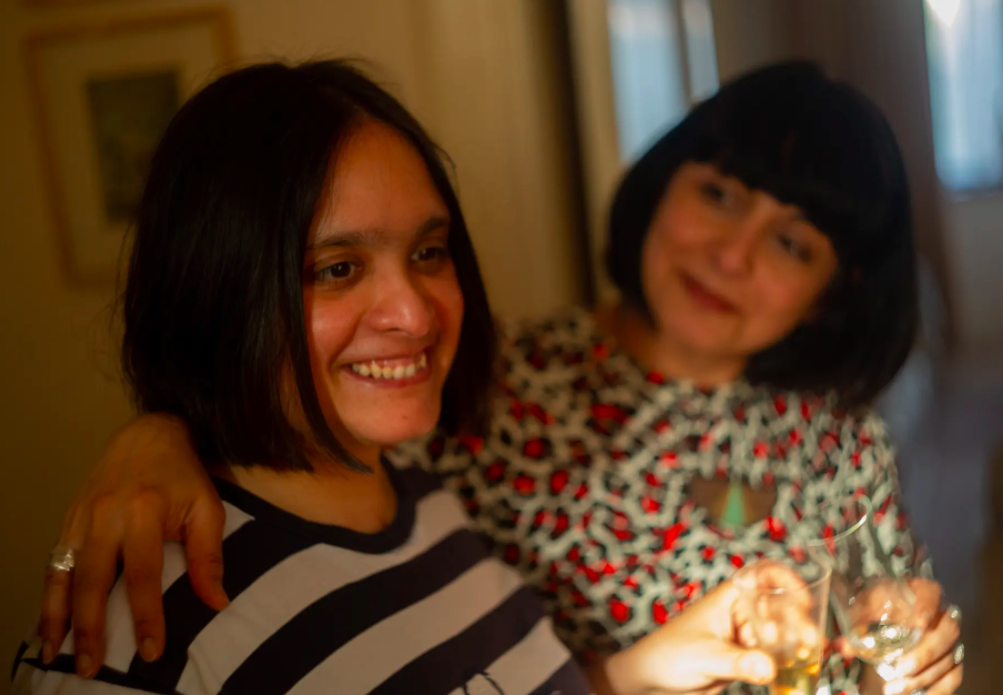
My sister has a learning disability and I can’t visit her because of coronavirus.
Coronavirus has made enforced separation a universal experience, but there are additional and far-reaching challenges for learning disabled people and their families. I cannot visit my youngest sister, Raana, who has fragile X syndrome and lives in supported housing in Hampshire. My family has no idea when we will next see her.
Social distancing, self-isolation and a lockdown for the over-70s will have a seismic impact on Raana (our parents are in their 70s, our father has a lung condition). My sister’s social contact is now limited to support workers paid to care for her and her learning disabled housemates. She uses text messaging but dislikes phone calls and writing letters.
Raana thrives on consistency and routine, including dance classes, baking workshops and weekly shopping. Yet coronavirus means services are closing and people’s movements are restricted. Online equivalents are not the same and do not always appeal if you have communication difficulties. What will happen if her trusted support staff fall ill or she has to self-isolate? What if she needs help with personal care?
The 1.5 million learning disabled people in the UK are already among society’s most segregated people. Communities must not forget them, as I write in this Guardian piece.
